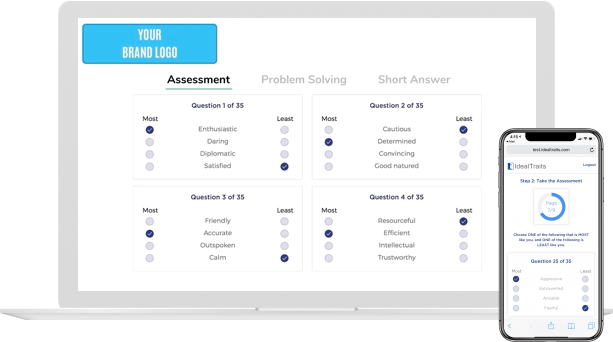The Underwriting Period
Every state and the District of Columbia grants insurance carriers an “underwriting period.” Insurance carriers are granted broad authority to cancel a newly-written policy during this statutorily-limited period.
Author: Chris Boggs Every state and the District of Columbia grants insurance carriers an “underwriting period.” Insurance carriers are granted broad authority to cancel a newly-written policy during this statutorily-limited period. Note, the underwriting period applies to only newly written policies, not renewals of existing policies. Insurance carriers are given the opportunity to confirm all underwriting data provided in the application during the underwriting period granted by the state. During this period, the carrier may “pull” underwriting data such as driving records, insurance (credit) scores, loss histories, and they may even inspect the property. All this is done to assure that the risk presented in the application is, in fact, the truth of the risk. Without an underwriting period, insurance carriers may be “stuck” on a risk they accepted based on a less-than-accurate application (which we all know would never happen). The only way the carrier could cancel in these situations would be subject to the statutory mid-term cancellation allowances, which can be somewhat limited, listing specific reasons a policy can be cancelled. Limitations on Cancellations Statutes apply one of two “levels” of limitations regarding the reasons a policy can be cancelled during the underwriting period. Policies can be cancelled for:
Any Valid Reason Last Updated: October 13, 2017 _______________________________________________________________________________________________ Copyright © 2023, Big “I” Virtual University. All rights reserved. No part of this material may be used or reproduced in any manner without the prior written permission from Big “I” Virtual University. For further information, contact [email protected]. |








